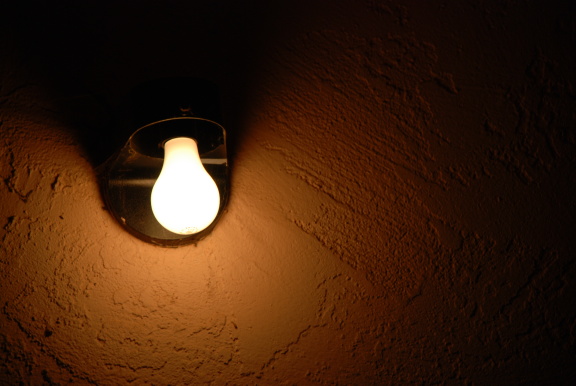This poem is excerpted from Eh, No Talk Li’dat.
Eh, No Talk Li’Dat, an anthology forthcoming from Kaya Press, is centered on Pidgin, or Hawai‘i Creole English. The following poem is excerpted from this anthology.
Pidgin began as a dialect of trade between Native Hawaiians and Western seafarers and merchants and evolved as a Creole language in the sugar plantations in the 1920s and ’30s, yet, until today, it is deemed substandard by school administrators and is not recognized as a Creole language by the State Department of Education. It is the only language I can think of in the U.S. that was co-authored by the various ethnic groups in the islands: Native Hawaiians, Pacific Islanders (Samoa, Tonga), sugar planters and migrant laborers from Asia (China, Japan, Korea, the Philippines), Portugal (Madeira and the Azores), and Puerto Rico. Recent speakers and innovators of Pidgin include transplants from Micronesia. In addition to the poems, stories, and excerpted plays, all written in Pidgin and contributed by over forty of Hawai‘i’s writers, the genre-defying Eh, No Talk Li’Dat includes archival materials, newspaper articles, transcripts of televised comic skits, and comic strips.
Da Japs, my strange kine relatives,
wen jes bomb Pearl Harba.
Ebery nite from den on, each house
had only one black-out light with
a puka in da center.
People had fo tar dea windows
and craks unda da do-uz
had fo be stuf wid rags,
scolding da lites dat dare fo show up.
If not, da block checkas go come,
jes like termites come aroun da lites.
And those who broke da law,
going hea banging on dea do-uz
and if you one Jap,
you gotta be careful cuz
dey can sen you
to one jail kine camp,
somewea in Colorado.
One nite, one woman wen go into layba
wen was real hot unda the black-out lite.
Into this dark-kine time, one baby wuz born.
Da baby was me. One black-out baby—
nosing aroun in the dark
wid heavy kine eyes,
and a “yellow-belly,”
filled wid one real angry cry!
Juliet S. K. Kono is a poet and fiction writer born and raised in Hilo, Hawaiʻi. She is a survivor of the 1946 tsunami. She has written extensively about the Japanese American experience across the generations. Author of four books, including Hilo Rains and Anshu, she is retired and lives with her husband in Honolulu.




